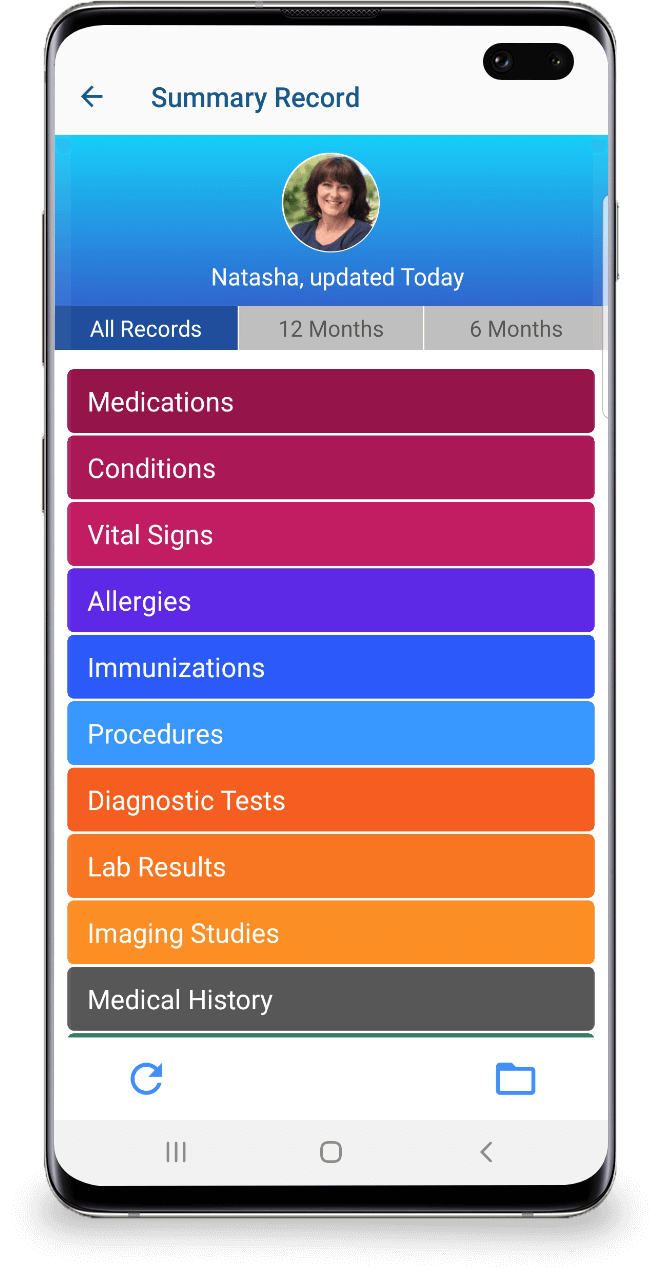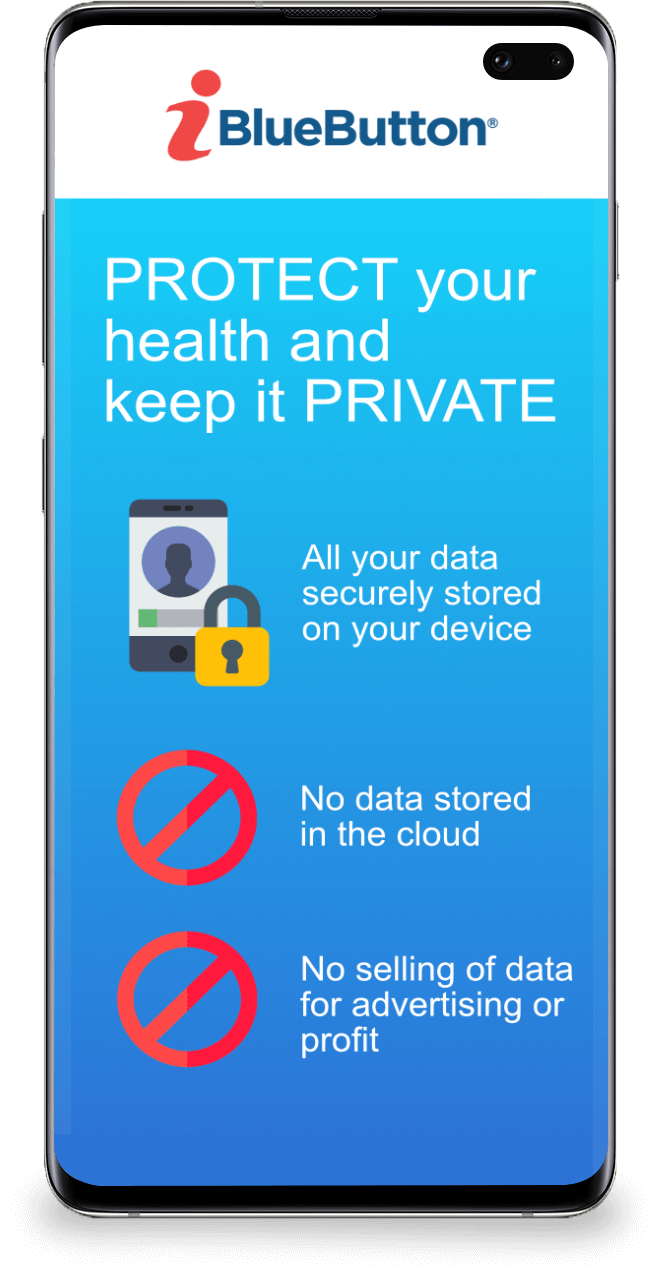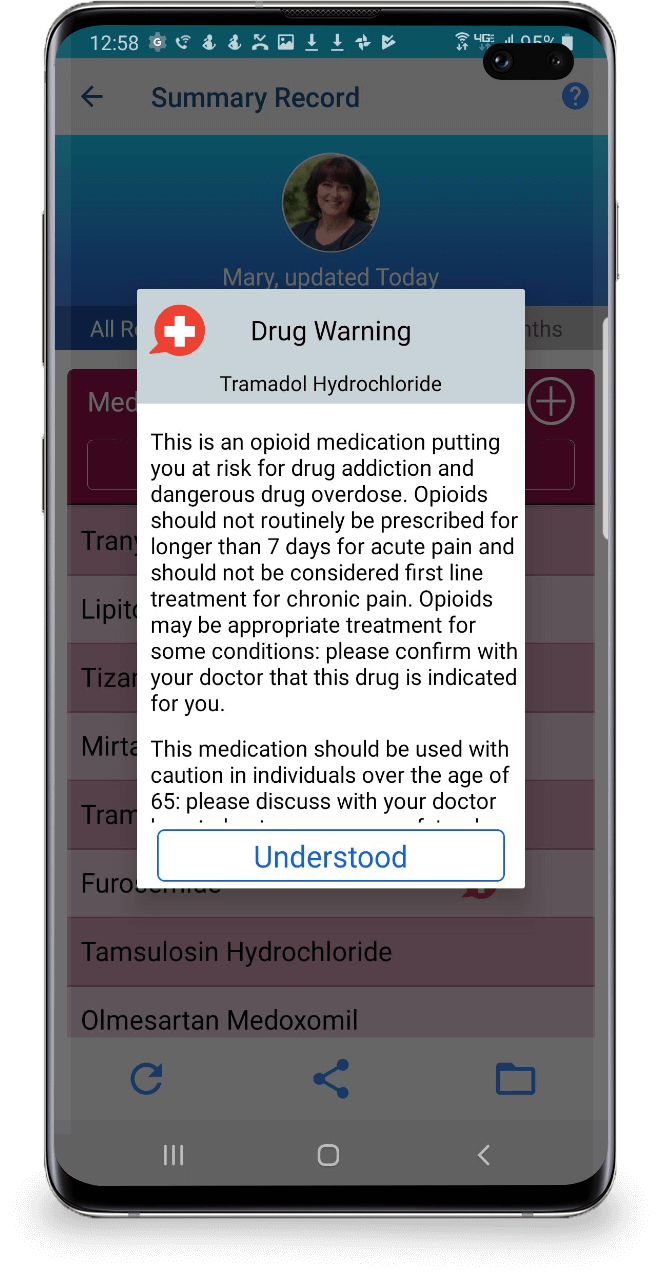By Bettina Experton, MD, MPH, CEO of Humetrix
This Administration has almost accomplished what prior Administrations had promised Americans to do yet failed to deliver: giving Americans online access to their health information so they can assemble their medical history in their own hands to receive safer & more cost-effective healthcare. This is about to happen with the publication, in just a few days, of the CMS Patient Access & Interoperability Rules and the ONC 21st Century Cures Act Interoperability Rules. Let’s not allow last hour ill-advised forces derail your transformative health IT policies.
This is about helping to save numerous American lives among the 300,000+ preventable medical errors related deaths occurring every year in America. This is also about saving precious health care dollars wasted in treating avoidable and dangerous drug interactions, inappropriate opioid prescriptions, or redundant tests. The information needed to correctly diagnose or prescribe is simply not there and is often dispersed between multiple clinics and hospitals where we receive care over time in our complex healthcare system. Our health information needs to be exchanged between our healthcare providers, and if it cannot happen everywhere and every time, the common sense approach is to have us access and share it, easily, practically and securely on our own mobile devices with our application of choice so that we can present it and share it as we wish wherever we receive care.
Now 10 years after the CMS Meaningful Use (MU) regulations were enacted, the MU program failed to deliver on its end goal - interoperability and patient access to their records - delivering instead data silos lacking interoperability and “information blocking”. With the MU program, the prior Administration spent $35 billion of tax-payer money to digitalize our healthcare system, turning hospital and clinic paper health records digital - a remarkable achievement. However, in failing to achieve on the Meaningful Use program’s end goal it failed the American citizen, and also failed to deliver on what President Bush had committed to years earlier when creating in 2004 the ONC: that by 2014 all Americans would have their longitudinal medical history in their hands. Under Meaningful Use, health providers were initially required to demonstrate Meaningful Use of their EMR by exchanging records with other providers, AND by giving patient electronic access to their own records. Caving in under pressure, the full $35B allocated by Congress was expended while removing the very essence of the program – the patient access requirement which was dramatically and shamefully reduced to ONE patient per provider per year!!! This cannot happen - again!
With her vision to serve “Patients First” and forceful and pragmatic leadership, I don’t see CMS Administrator Seema Verma, our experienced and committed ONC Director, Don Rucker, and the forceful HHS Secretary Azar failing the American patient again, and with it failing the American healthcare system to effectively digitalize itself by postponing the implementation of their smart Interoperability and Patient Access policies. Today’s ONC and CMS health IT policies - truly patient centric and mobile at the core - also correct the misguided Meaningful Use program written without a place for mobile technology, burdening physicians by asking them to exchange patient records with poorly implemented “push” technology. This provider driven, and somewhat paternalistic approach of the MU program, didn’t let patients more practically “pull” their health records themselves. Instead, it left patients getting their records one at a time with the use of multiple portals to log into (once characterized by the ONC as “hyperportalism”) and not capable of assembling all records in one place, using their application of choice.



The so-called privacy risk brought by outside forces calling for the postponement of the ONC and CMS rules, disregards the strong ONC and CMS security and privacy policy requirements built into their rules, and the regulatory power of the FTC and states (such as the California Consumer Privacy Act) to enforce app privacy policies and punish deceptive acts and practices of bad actors. While government and industry together will keep improving privacy practices, we cannot wait several more years for “perfect” privacy regulations, and at the same time disregard the patient safety risk of “information blocking”. The publication and enactment as soon as possible of the CMS and ONC rules is a Public Health imperative.
As a former State of California Public Health physician turned health IT entrepreneur over 25 years ago committed to making a difference in the health of many at a population scale, it is exciting to see that we have finally arrived at a time when the right health IT policies can enable the right technology – mobile applications – which in the hands of hundreds of millions of Americans can truly help save lives and help save our scarce individual and national healthcare dollars. Humetrix has developed mobile applications to deliver on these very health IT policies and they do so without storing, selling or sharing individual health information (which is securely and only stored on the user’s mobile device) as our application privacy policies state and clearly summarize in a graphic form (with the use of the user-friendly ONC model privacy notice) that users can see before making use of these applications.
Furthermore, the proposed rules are modelled on the CMS Blue Button 2.0 program for which CMS has authorized and published on Medicare.gov a list of several patient facing mobile applications securely accessing its API. Now millions of Americans in Medicare fee-for service can access all their Medicare health information turned into a longitudinal medical health history and get valuable personal health insights. For example, our iBlueButton app doesn’t only list all medications prescribed but also warn app users about serious drug interactions or the addiction danger of newly prescribed opioid drugs. The CMS Interoperability and Patient access Rules will make such life-saving applications available to all Medicare and Medicaid beneficiaries, by having Medicare Advantage plans and Medicaid MCOs use open APIs of the Medicare Blue Button type for authorized applications of the user’s choice to access their health information. The ONC rules extend the same patient access for all Americans in having all providers make use of the same Blue Button type API.
As Seema Verma has said “Patient data doesn’t belong to the doctor, hospital, or electronic health record. It belongs to the patient.” And our data should be in our hands, available at any time on our mobile devices.
Here in Washington in a packed ONC annual meeting the strong words of Secretary Azar resonate more than any others when he said “Patients have control of their records and defending the status quo with scare tactics will not work!". Now just a few days ahead of the State of the Union Presidential address, the time has come for Americans to loudly and proudly hear from their government that they have finally been heard!
| Share this Post |  |
 |
